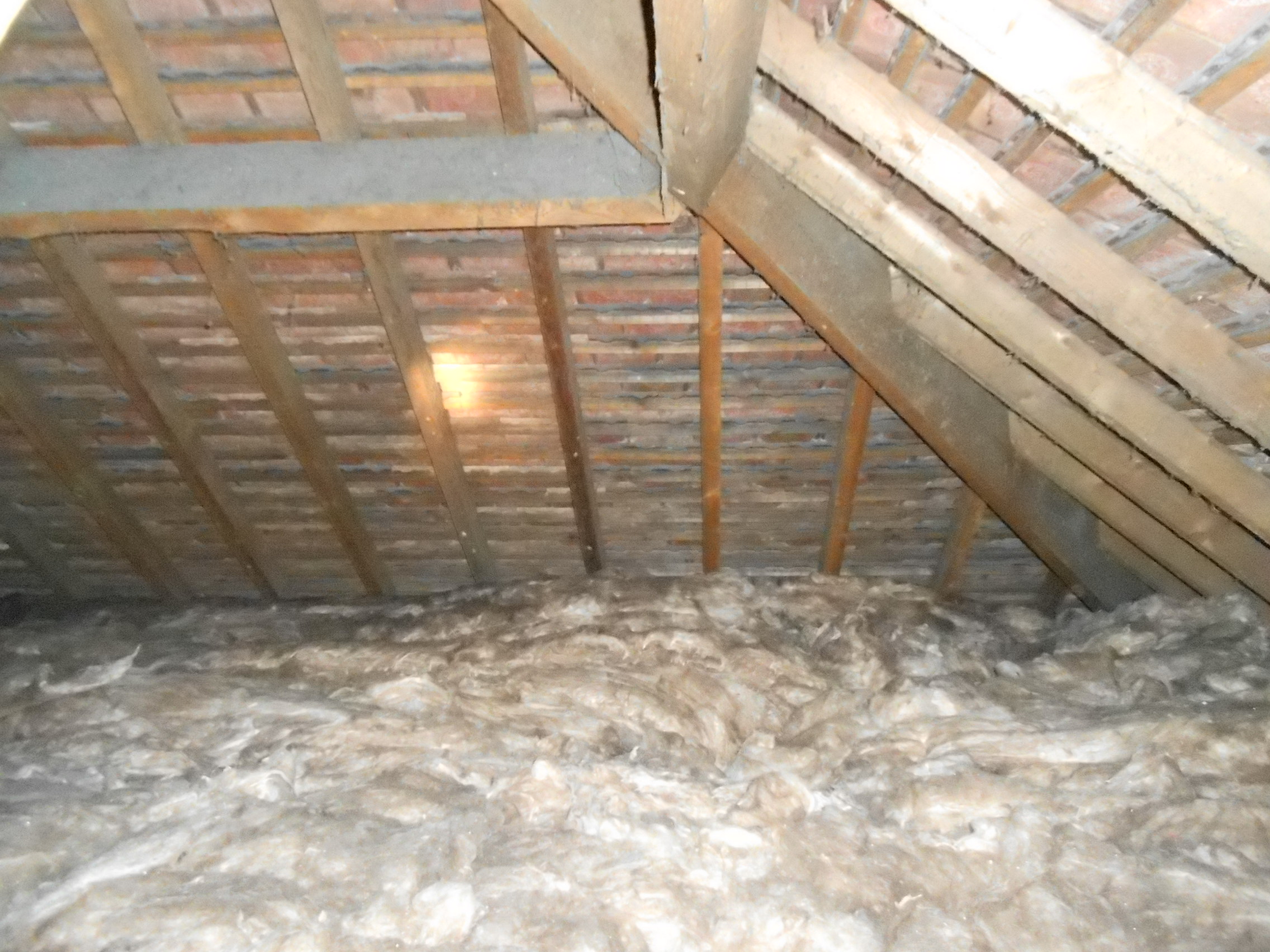


Energy bills are a major outgoing from a household budget.
As the rising price of energy continues amidst an ongoing debate on how to keep gas and electricity suppliers in check, the charity Citizens Advice says it has seen a surge in people seeking advice about their energy bills. The trend is set to continue, with UK households facing a further 17 years of above-inflation rises for utilities. The National Audit Office (NAO) has predicted the average energy bill will increase by more than £700 by 2030.
So what can you do to reduce your energy consumption in the home? Behavioural changes can make a huge difference.
Identify possible changes, room by room, and implement them with your whole family. Then rank them from low to high cost. For higher cost measures which would require physical works to be carried out, your home may be eligible for one or more of the 45 energy improvement measures covered by Green Deal finance.
Here are the top ten behavioural changes to reduce energy usage in the home
Turn thermostats down in rooms. According to the Energy Saving Trust, turning the temperature down 1°C can cut your heating bills by 10%.
Stop draughts by closing curtains at night and using draught excluders.
Turn off lights when you leave a room. Lighting is responsible for about 11% of a home’s energy bills. And remember – it is a myth that turning on fluorescent lighting uses more electricity that leaving them on.
Turn electrical appliances off at the mains and don’t leave on standby. This includes mobile device chargers being left on when charging is not needed.
Only boil kettles for the amount of hot water you need. Sounds obvious enough – but studies show we tend to boil twice as much water as we use.
Fix leaking hot water taps. A dripping tap can waste more than 5,500 litres of water a year, so make sure your taps are properly turned off and change washers promptly when taps start to drip.
Replace incandescent lamps with low energy ones. The Energy Saving Trust say that savings can be between £50 and £130 cost savings over the life of the low energy lamp, depending on the wattage of the one it replaces. (But remember – the most energy efficient bulb is one that’s turned off.)
Fill up washing machines, tumble dryers and dishwashers as they are more efficient full that on half load. And reducing the number of loads could save you enough money to pay for all the washing powder and detergent.
Wash clothes on a lower temperature. Your washing machine will use 30% less electricity on a 40°C cycle, compared to a 60°C cycle. At 30°C, the savings in electricity and cash are even higher.
Understand how to use your heating system and its controls. If you’re renting, ask your landlord for the instructions. Or search online, as many manufacturers publish manuals on the internet.